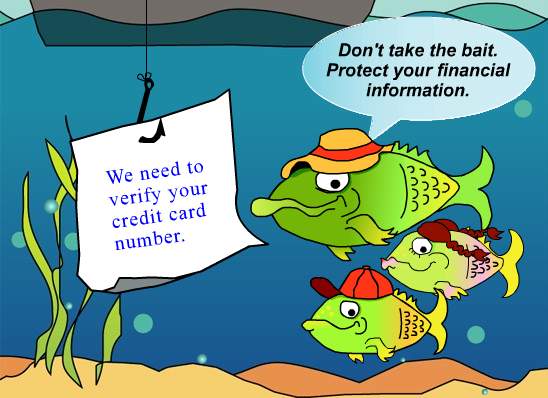Credit Card Phishing Scam: How To Protect Yourself Against Them
Your credit card information is always at risk for theft. However, there are simple things that you can do to keep your credit card details safe from scammers and criminals, who are getting more crafty and smarter in trying to steal your credit card information.
In recent months, there were several netizens claiming that unauthorized withdrawals from their BDO Unibank account were made. There were reports of alleged ATM fraud. The country’s largest lender were reportedly probing suspicious bank accounts in an effort to resolve the issue of missing funds of their cardholders.
Here is a true story about phishing that happened only a few days ago. While I already own a credit card, I had interests on applying for a new credit card recently. On January 10, I received a text message from an unknown number informing me about my BPI credit card application status. It said it was a BPI amore credit card application. Below is the screenshot of the text message I received.
As it said on the text, they want to send these personal information such as the picture of credit card as well as the billing address to a suspicious-looking email address that doesn’t even have BPI’s domain name. I did reply to the message and wrote on the text message that I wouldn’t give out any personal details. I called the number and it rang. No one answered.
I got in touch with a local BPI branch and spoke with the branch manager. I was told that it was indeed a form of phishing. So how does criminals really gain access to your bank account? One of the most common way that these thieves do is to try to steal your credit card and banking information through phishing. If you are not familiar with the term “phishing,” it is a form of fraud when thieves pretend to be legitimate representatives of the banks. They try to contact consumers through email, website, phone, and even text messaging in an attempt to extract credit card details and personal information.
For some reasons, some people still end up getting fooled into giving up their personal financial information. Don’t let yourself become a victim of these cyber criminals. Here are some advice that can help you so that you won’t fall victim again.
1. Only talk to your bank.
If you have received an email, phone call, or text messaging claiming to be from your bank, do not easily fall for it. Scammers would right away ask for your credit card information, but your bank would not. If the email contains a URL to go to, don’t clink the link because it might direct you to a malware-infected website that might infect your computer and attempt to get information stored on it. If the phone call asks you to give personal information as well as financial information, do not give them. If a text message asks you to send private information to a non-verified email address, disregard it right away. Instead, get in touch with your bank through the phone number listed in the back of your credit card or found in the billing statement and report the incident. If you would rather report the incident via website, make sure that the website address loads securely or one that starts with “https://.”
2. Install a good security software.
If you are one of those people who prefer online banking, make sure that you have the best anti-virus and anti-spyware program installed in your computer. Make sure that they are also updated with the latest virus definitions.
3. Knowledge is power.
Educate yourself about how phishing and scamming work. If you have knowledge about them, then you will be able to spot one and protect yourself against them.








No comments